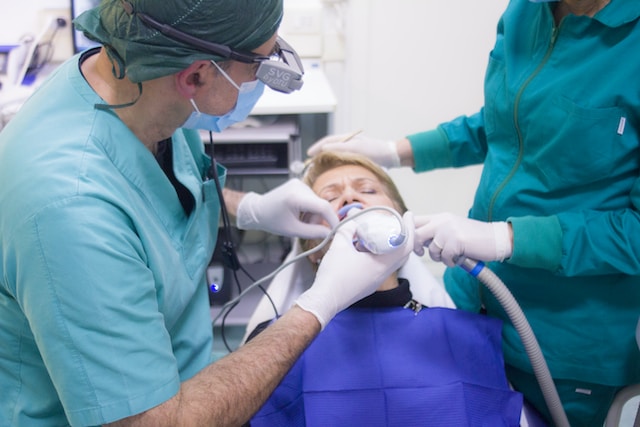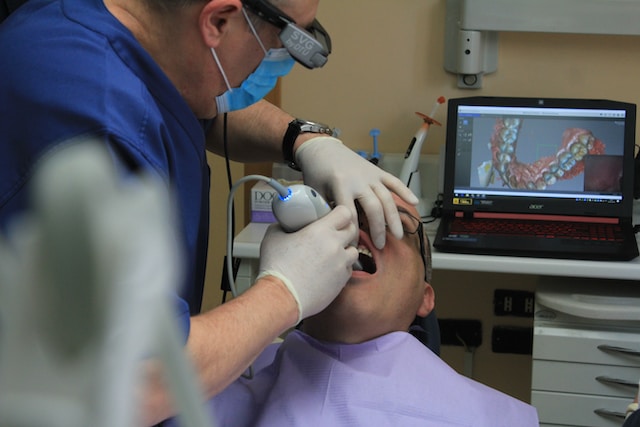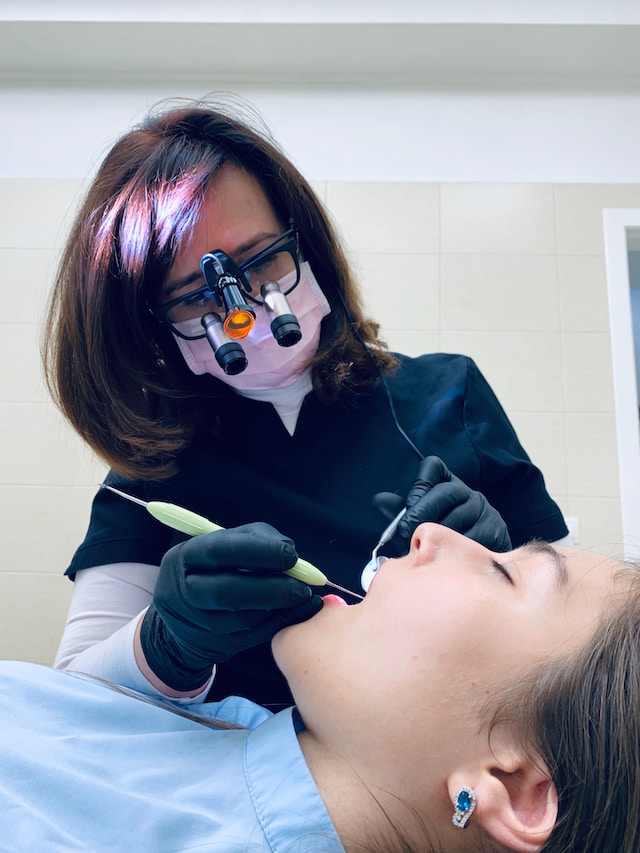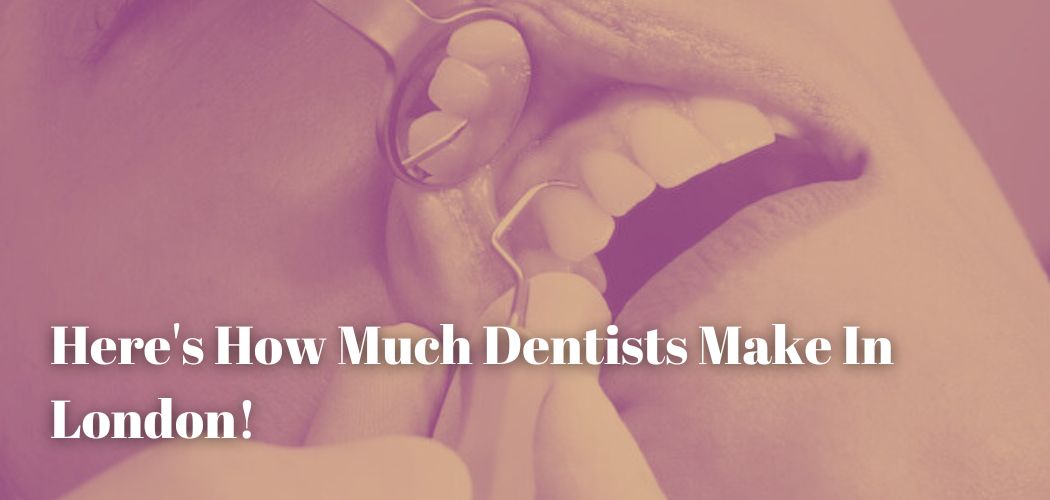The field of dentistry is demanding yet rewarding, and it calls for substantial education, training, and experience.
Dentists are motivated not only by their love of oral health but also by the possible financial rewards the field may bring.
This article focuses on cover requirements, license, education, experience, and other important factors that affect dentists’ pay in London.
Contents
Cover Requirements And Licenses:
In order to lawfully practice dentistry in London and the rest of the United Kingdom, dentists must hold the required credentials and licenses.
A Bachelor of Dental Surgery (BDS) degree or an equivalent dental certification recognized by the General Dental Council (GDC) is required for those who want to work as a dentist.
Additionally, dentists must meet stringent cover standards in order to register with the GDC.
These professionals in the UK are required to carry sufficient professional indemnity insurance.
This insurance covers both the dentist and the patients, making sure that any potential claims for medical malpractice are handled properly.
The price of this insurance can change depending on elements including the extent of coverage and the dentist’s area of expertise. The dentist often pays this cover cost, and it may have an effect on their overall income.
Education And Specialization:
The substantial education and training that dentists get prepare them to offer oral healthcare services.
In the UK, earning a five-year BDS degree from a reputable dental school is the typical approach to becoming a dentist.

With the theoretical instruction and hands-on training included in this curriculum, dentists graduate with the abilities necessary for their line of work.
Furthermore, dentists have the option of continuing their studies and specializing in particular branches of dentistry like orthodontics, periodontics, or oral surgery.
Additional years of study and clinical practice are often necessary for these advanced training programs.
Due to their knowledge and the need for specialized services, dentists with specialized training and credentials sometimes command greater compensation.
Experience And Reputation:
Like in other fields, experience is a major factor in income for dentists.
Dental students typically begin their careers as associates, learning essential skills while working under the direction of more seasoned professionals.
Dentists can increase their patient base, reputation, and clinical proficiency as they gain more experience, which may result in greater salaries.
Moreover, the earning potential of a dentist might be affected by their reputation in the local community.
They consistently provide high-quality care, develop great patient relationships, and gain favorable word-of-mouth recommendations that frequently draw more patients, allowing them to bill more for their services.
Location:
The location of a dental office has an effect on a dentist’s pay as well.

The cost of living and overhead expenses for dental practices can be higher in London than in other parts of the UK because it is one of the priciest cities in the world.
The fees dentists charge and, as a result, their income may be impacted by these rising expenditures.
Due to the higher average income of the local population and the resulting ability to pay for private dental care, dentists working in wealthy neighborhoods of London may have a larger earning potential.
Private Vs. NHS Dentistry:
Dentists in London have the option of working in either private or NHS practices.
With government-regulated prices, the NHS offers dental care to the general public. In the NHS system, dentists are paid according to a contract with the NHS, which specifies the costs of certain services.
However, in private dentistry, dentists are free to choose their own rates and operate under a fee-per-item system.
Private dentists have greater financial autonomy and have the possibility for better remuneration, particularly if they have a sizable patient base and provide specialty treatments that might not be provided by the NHS system.
The management of the dental firm’s commercial operations, such as marketing, overhead expenses, and administration, is one of the additional duties that come with private practice.
The earning potential for dentists working in private practice can vary greatly based on a number of variables, including the practice’s location and reputation, the dentist’s area of expertise, the scope of services provided, and the capacity to draw in and keep a continuous flow of patients.
Market Demand And Competition:
A dentist’s pay in London is also influenced by the market’s level of competition and demand for dental services.
There can be a bigger number of dental offices in heavily populated places like London, increasing competition.

To draw in and keep patients, dentists must effectively differentiate themselves from the competition and offer superior services.
Higher incomes can be attained by developing a solid reputation and providing specialized services that cater to the demands of the neighborhood.
Their pay may also be impacted by the market’s demand for particular dental procedures or treatments.
For instance, there might be a greater need for orthodontic or aesthetic dentistry procedures in some places, which would result in higher costs for these services. Dentists with knowledge in these fields may earn more money as a result.
Conclusion:
Dental specialists in London make money based on a variety of elements, such as the need for insurance, licenses, education, experience, and specialization.
In order to lawfully practice dentistry in the UK, dentists must possess the required credentials and licenses, and the price of professional indemnity insurance may have an impact on their overall income.
Specialization and education are important, and greater training frequently results in higher pay.
A dentist’s earning potential also depends on their level of experience and reputation in the local community.
Their salary can be impacted by geographic location, such as working in London, which might affect prices and fees.
Earnings are also impacted by choosing between private and NHS dentistry, with a private practice offering more control over fees and possibly better compensation.

